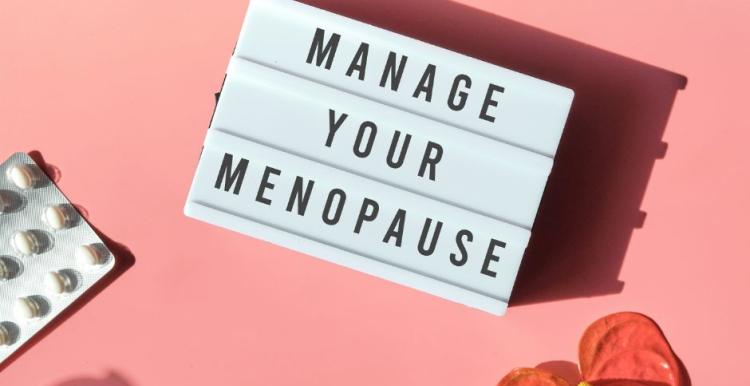Perimenopause and Menopause

What is Perimenopause
Everyones experience is different, during perimenopause, most will find it more difficult to become pregnant and may get irregular or heavy periods. The perimenopause begins some years before the menopause itself as the body gradually begin to produce less of the hormone oestrogen. It usually starts a few years before a woman’s last period, when she’s in her 40s, but it can sometimes start earlier.
What is Menopause
The menopause is when periods stop, less oestrogen is produced, causing the body to behave differently. The body does not stop producing oestrogen overnight, and the process can take several years. It is something that all born females go through. Menopause usually occurs between the ages of 45–55.
Common Symptoms of Perimenopause and Menopause
- Allergies
- Changes in taste
- Fatigue Headaches
- Joint Pain
- Anxiety
- Decreased libido
- Hot flushes
- Memory Lapses
- Body odour
- Depression
- Irregular heartbeat
- Mood changes
- Breast tenderness
- Difficulty concentrating
- Irregular periods
- Muscle aches
- Brittle nails
- Dizziness
- Irritability
- Night sweats
- Dry mouth
- Electric shock sensations
- Itchiness
- Osteoporosis
- Other digestive changes
- Sleep disturbance
- Thinning hair
- Vaginal dryness
- Panic attacks
- Stress incontinence
- Tinglingly sensations
- Weight gain
Top Tips
Simple things to support your partner, family, friend, or colleague: -
Educate yourself - the more you know about what they are experiencing the better.
Try not to put any undue pressure - whilst it can be a confusing time this is not the time to be making big decisions.
Ask them what they need - it can be really tricky to know what they need when they are struggling physically and emotionally.
Accept the silence - many people say they just need a period of quiet for self-reflection, this is not to push anyone away.
Resist the urge to snap back - easier said than done, but it’s important to understand that fluctuating oestrogen levels influence the neuro receptors in the brain.
courage them to seek help – for some, just making the appointment can be a major hurdle, anxiety during menopause can be crippling and self-confidence can just melt away. It can be so helpful to have someone with you for support when you sit down in front of your doctor.
Be prepared to change plans - many people struggle with self-confidence during perimenopause and when coupled with crashing fatigue, they may not always be able to face doing things.
Communication is key - perimenopause has often been referred to as the change of life and in so many ways it is, but it has an impact both physically and emotionally on us all but that doesn’t mean that we shouldn’t be able to look forward to long, happy, healthy, fulfilling lives.
Sources of Information and Support
- www.nice.org.uk – menopause guidance
- www.womens-health-concern.org
- www.themenopausecharity.org
- www.perimenopausesupport.co.uk
- www.balance-menopause.com
- Private Facebook Group Perimenopause Support UK - ability to post anonymously, will not appear in your newsfeed

